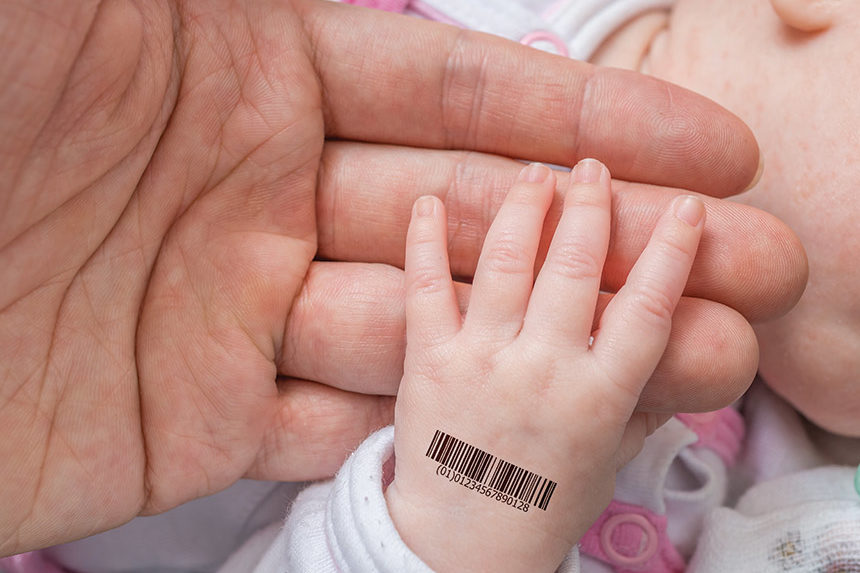’ve seen plenty of opinions that Israel’s strikes in Gaza have been excessive in terms of civilian casualties. This leads to a very natural question: how many civilian casualties would be ok? This isn’t to give an opinion on the current war, but if public debate touches on civilian casualties it’s a question we need to answer. It might seem cold to give some sort of precise figure: we’re loathe to quantify human life. But perhaps such ideals have caused more harm than good.

The EPA has a cost-benefit value of a human life. It’s now $6.9M (down almost $1M from the last estimate — a fact mocked by Stephen Colbert). It does seem very arbitrary to give a precise boundary — does this mean the government shouldn’t spend $6,950,000 on a safety ad campaign that’s likely to save one life? I don’t think so. But having at least some boundary is a very sensible idea. It looks nice & noble to say that human life is priceless. But if I had a disease where treatment would cost $20M, I hope most people would be in favour of using this cash to save a thousands of lives in my stead. Being just “noble” is another case of the concept of dignity leading to harm.
Moral intuition is often an play between utilitarianism (save as many lives as possible) and a set of maxims (eg. don’t harm an innocent). The two often conflict, as in the famous trolley problem. If everyone agreed to pure utilitarianism, then as long as I’m saving more people in the long run, I can do anything even if it results in huge civilian casualties. (Note: obviously all examples that follow are very artificial.) A man is surrounded by 10 children, I by 9. We both have rocket launchers. He has definite knowledge I’m about to fire. Using pure utilitarianism it’s ok for him to fire killing me and 9 children.

At some point though, we leave our comfort zone. What if he’s surrounded by 10,000 children and I by 9,999? There might be something off about killing 9,999 children. (Though I’d say there’s a lot more off about letting 10,000 die.) Things get even hairier in the real world, where uncertainty means we only have estimates. Let’s take things up a notch. I’m amidst 8 children, the other man is among 10. The man knows I’m a bit unstable — there’s only a 50% chance that I’ll fire. Does killing-8-with-certainty outweigh killing-10-with-50%-probability? I’d say even here, naive maths (weighing 8 victimes against 5 and not firing) gives a rule that works out better in the long run than killing the 8 “just to be safe”.
Maybe there is no solution to these dilemmas because our brain evolved to have a contradictory view of morality. But if we aim for any further moral progress, we must learn to count. And even identify some acceptable level for civilian casualties in conflict. Soundbytes like “you can’t put a price on human life” and “the concept of human dignity is essential” cannot be our masters — they’ll cause us to do bad things in the long-run. The noblest-sounding soundbytes have been used to justify horribly immoral things. Kant thinks you shouldn’t lie even to save someone’s life. If I were a Cambodian in the Pol Pot regime I’d certainly hope someone stops being noble and saves me through a “colder” arithmetic that puts a price on lives.





0 Comments